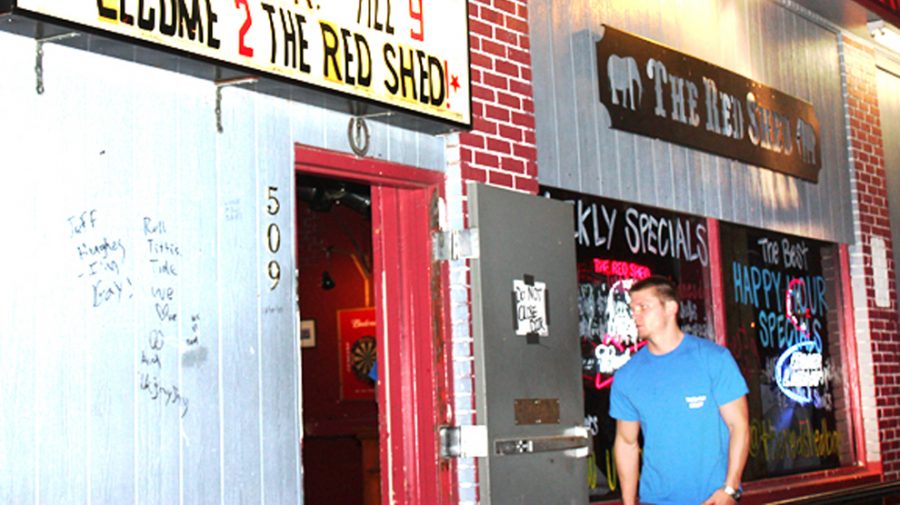It has been two months since Tuscaloosa residents approved a referendum allowing alcohol sales on Sunday, yet business owners are still unsure about the impact the law has and will continue to make going forward.
While there is little doubt that restaurants, bars and liquor stores are generating more revenue as a result of being able to sell on Sunday, some business owners say they have not seen a significant increase in overall sales.
“The law is not exactly put in place to increase sales of businesses like ours,” Buffalo Phil’s manager Eric Pollock said. “It’s not bringing in new people on Sundays. For the most part, we have the same crowd that we had before. We have always had a pretty good crowd on Sundays.”
Although Sunday alcohol sales haven’t increased the size of Buffalo Phil’s Sunday crowd, Pollock said it has changed what patrons drink with their dinner.
“The only difference is that, whereas before people drank water with their lunch, now they are able to get a beer with it,” he said.
Liquor stores are also seeing very little increase in overall sales as a result of having an extra day to sell.
“I would say it’s just like any other business day,” said Rocky Christian, owner of 10th Avenue Package Store. “We are seeing about the same amount of business in seven days that we saw before in six.”
Prior to the legalization of Sunday alcohol sales, Tuscaloosa residents compensated for stores being closed on Sunday by purchasing their alcohol on Saturday, he said.
“It’s kind of a new thing right now,” Christian said. “When people get used to the bells and whistles of being able to buy on Sunday instead of having to go at midnight on Saturday night to get their alcohol, I think it will wear off.”
Bars, on the other hand, have benefitted greatly from the extra day of business.
“I would say that being able to sell on Sundays has helped us tremendously,” said Amy Collins, manager of Downtown Pub. “Sunday sales haven’t affected our weekday crowd at all. So, if our weekday crowd is the same as always, plus we have a Sunday crowd, I would say that’s pretty significant. The extra day of sales definitely helps us.”
Managers and owners of bars and restaurants expressed their appreciation for the law, even if it didn’t increase their sales very much.
“I think it’s a good thing all around,” said Christian, whose liquor store has seen little revenue increase. “It provides jobs for people while bringing in more city and state taxes.”
That sentiment was echoed by Buffalo Phil’s manager, who said that, in spite of little or no increase in sales, the law benefits the overall economy of Tuscaloosa.
“Buffalo Phil’s has always been open seven days a week,” Pollock said. “For the bars and convenience stores, on the other hand, I think it’s probably creating a lot more revenue for them. The law legalizing Sunday sales gave them a whole additional day to be open for business.”
According to The Tuscaloosa News, The Tuscaloosa County Commission voted Wednesday to have a countywide referendum on Sunday alcohol sales. County Commissioner Dan Wallace said this referendum would take precedence over city ordinances and could potentially reverse the Sunday sales law.
Owners and managers of establishments that benefit from Sunday sales expressed a common dislike for the new referendum.
“I think everyone should be allowed to sell alcohol on Sunday if they want to,” Collins said. “Sunday sales should be legalized in the whole county so that each business can decide for themselves whether or not they want to.”
Although Sunday sales should remain legal, sales at Buffalo Phil’s are expected to remain about the same either way, Pollock said.
“I don’t think this law is going to have a long-term effect on our business,” Pollock said. “I do think the law creates jobs where is it legalized because bars and alcohol stores are now open an additional day. On a larger scale, I think it does create jobs.”
Still, others think that the good or bad that will come from the law has yet to be seen.
“I don’t think we will know the long-term effects of the law until at least six months down the road, when the new wears off,” Christian said.









